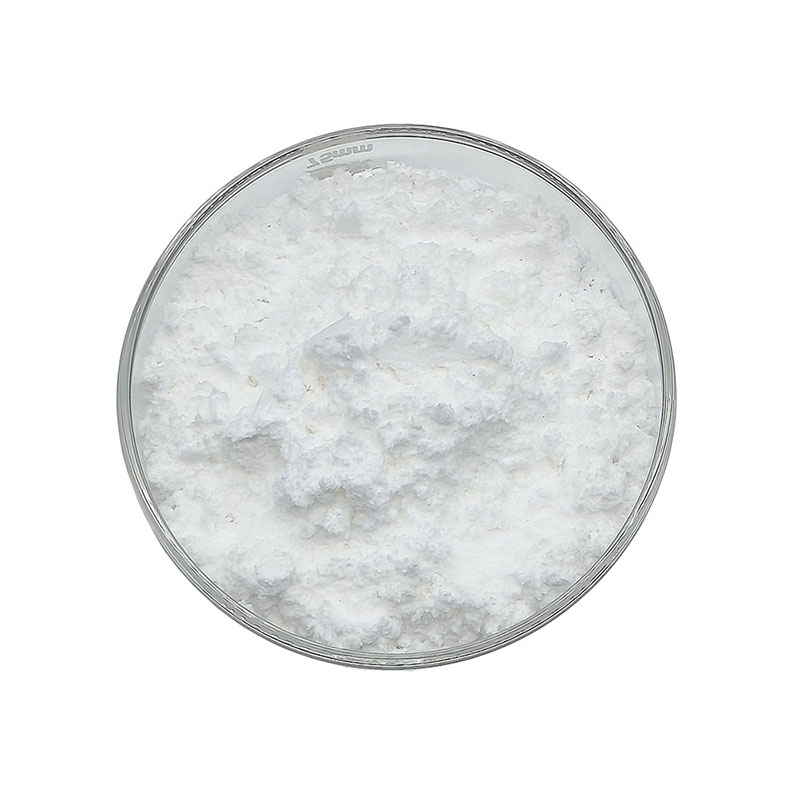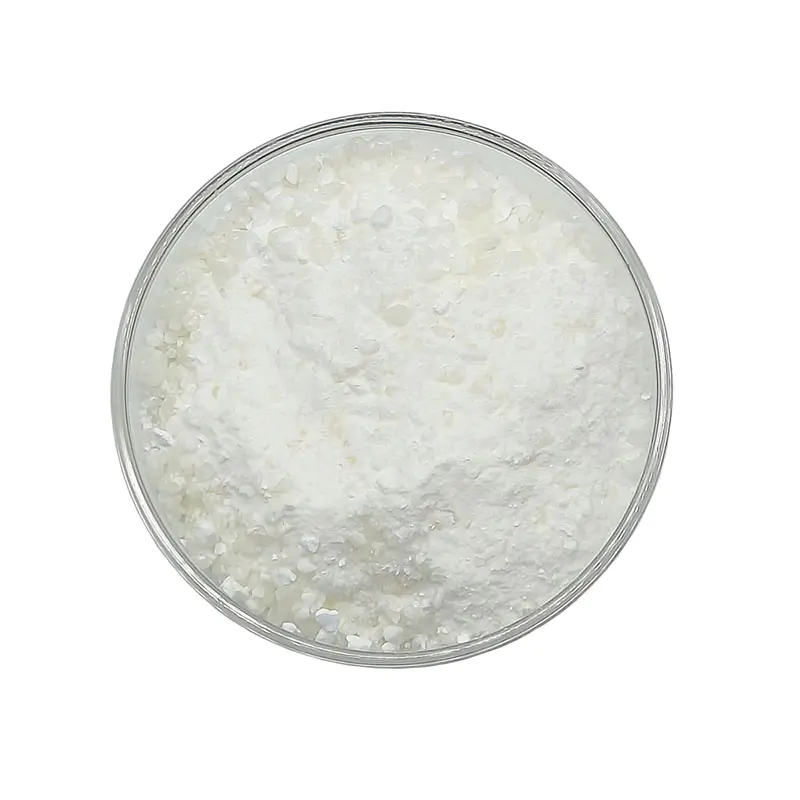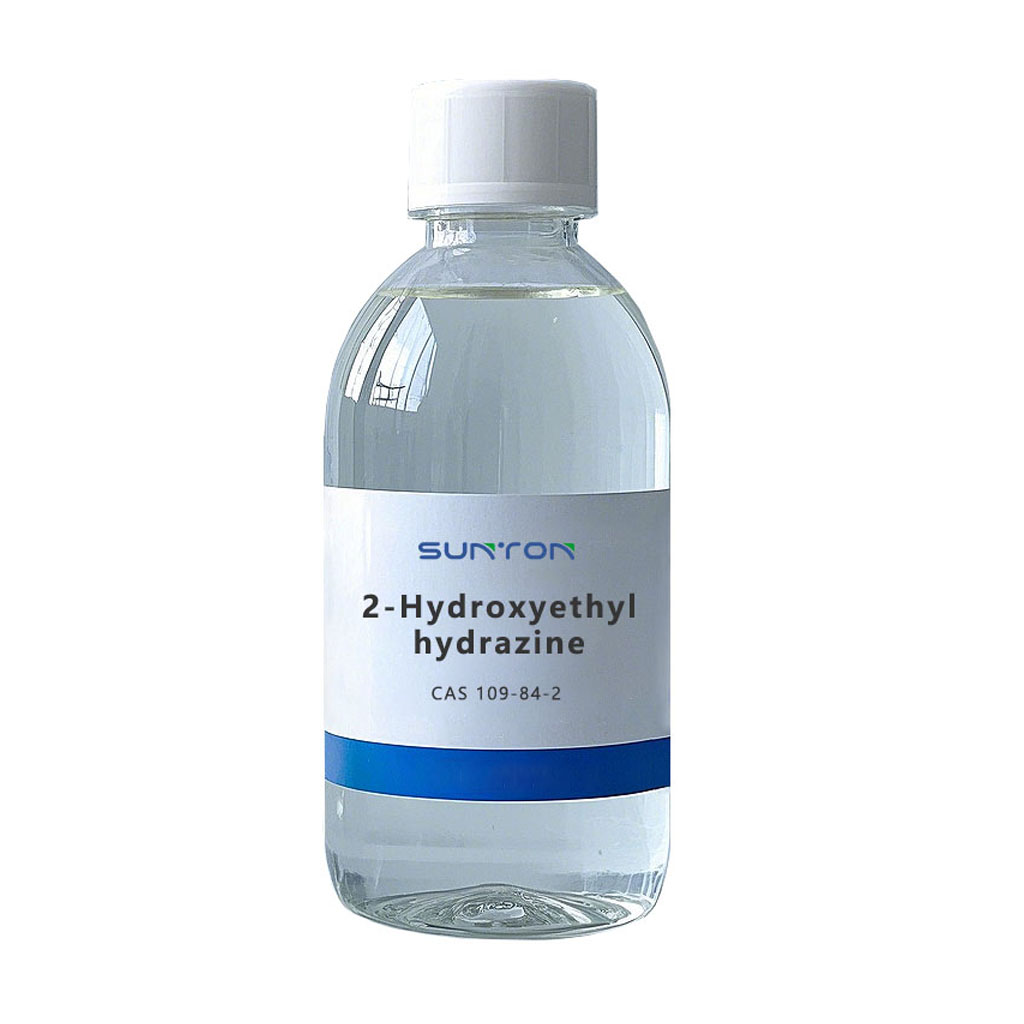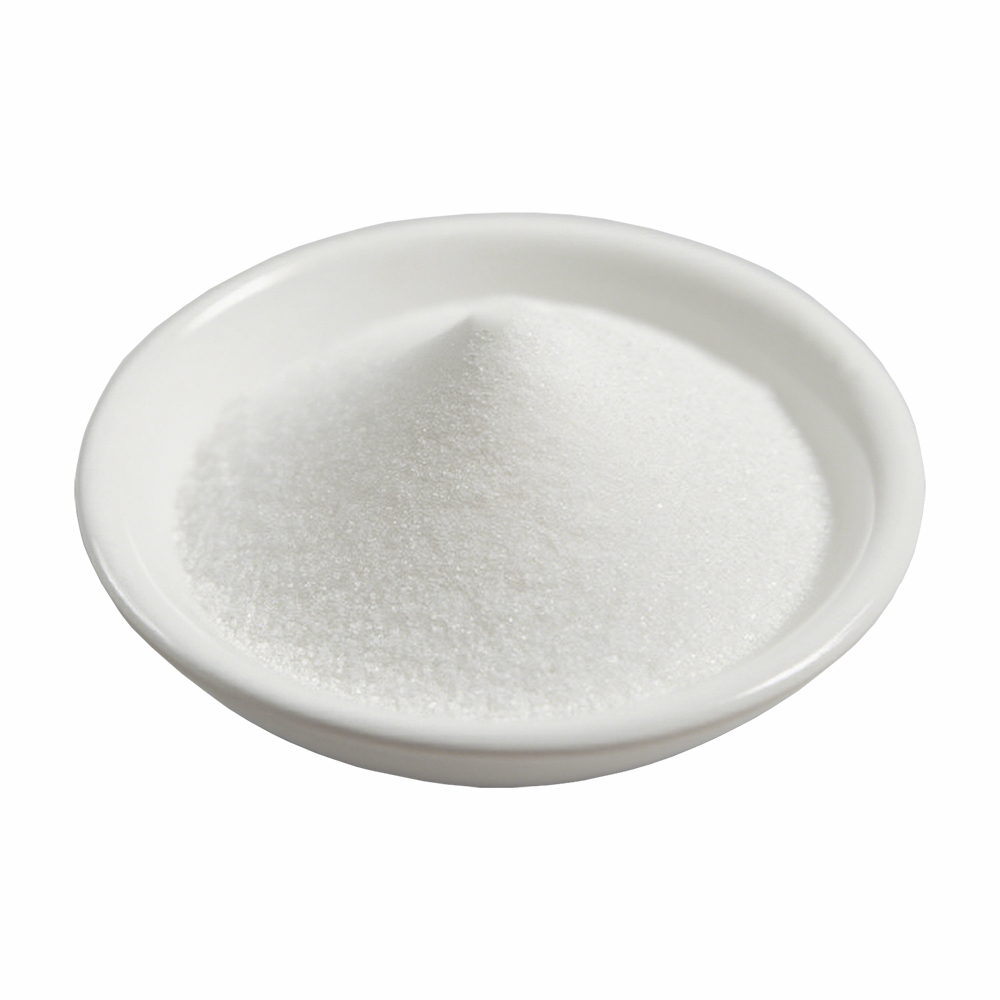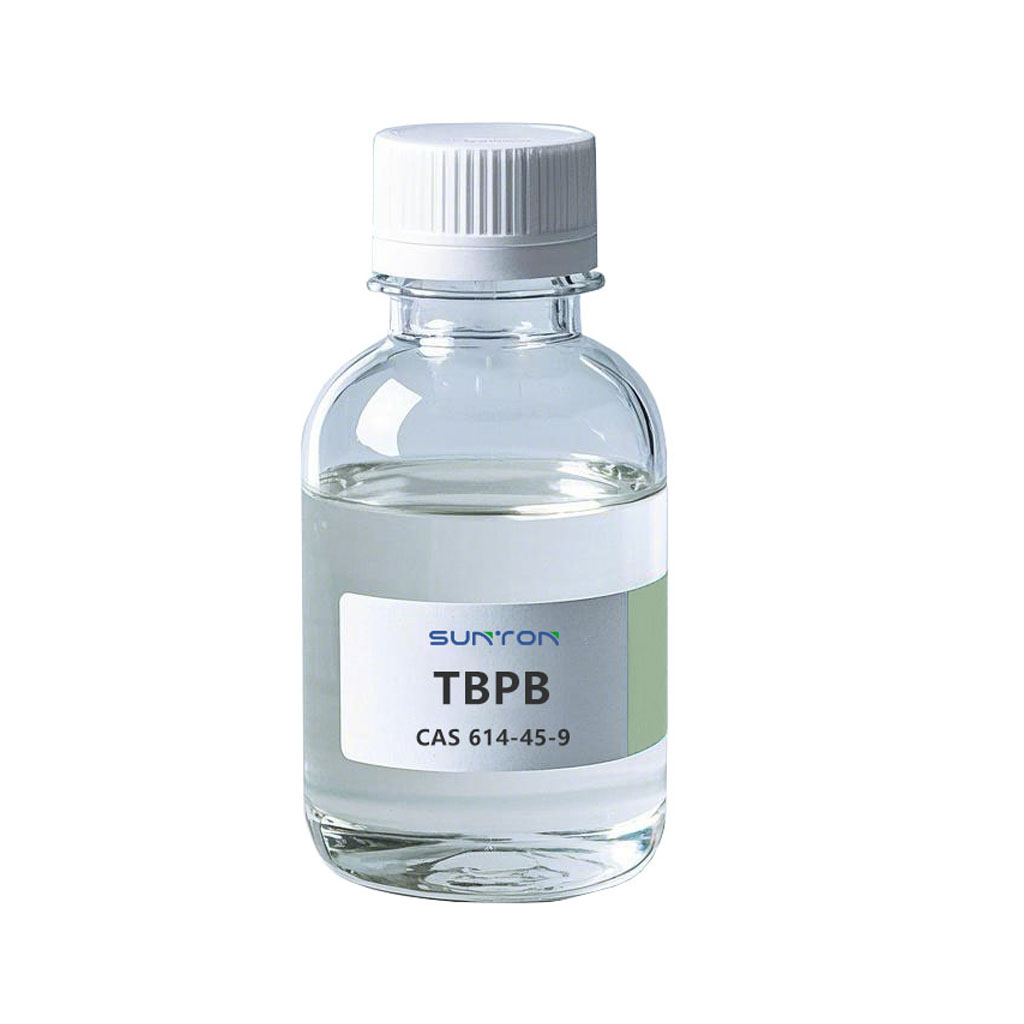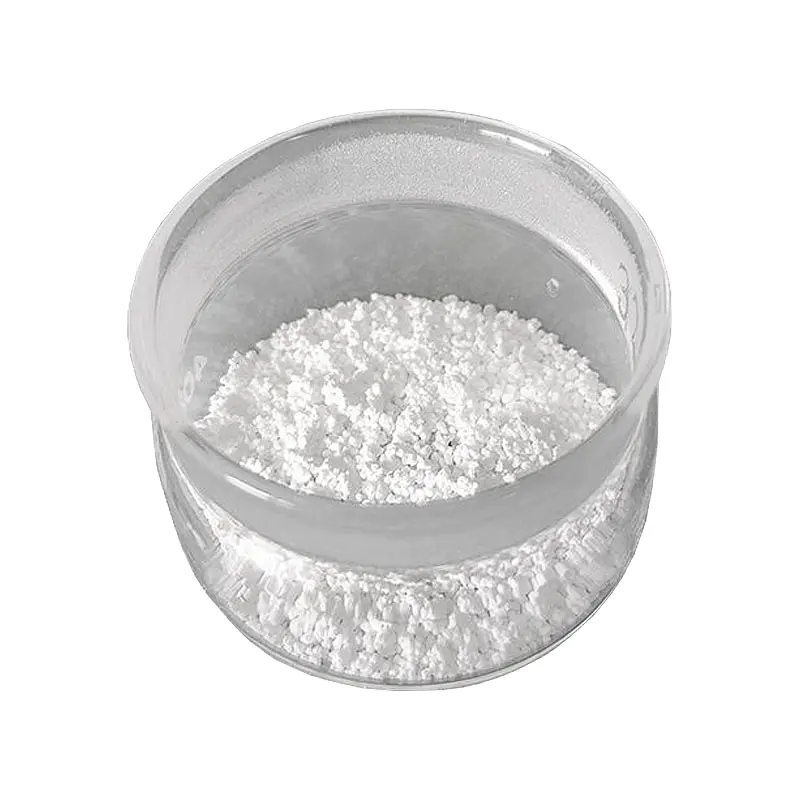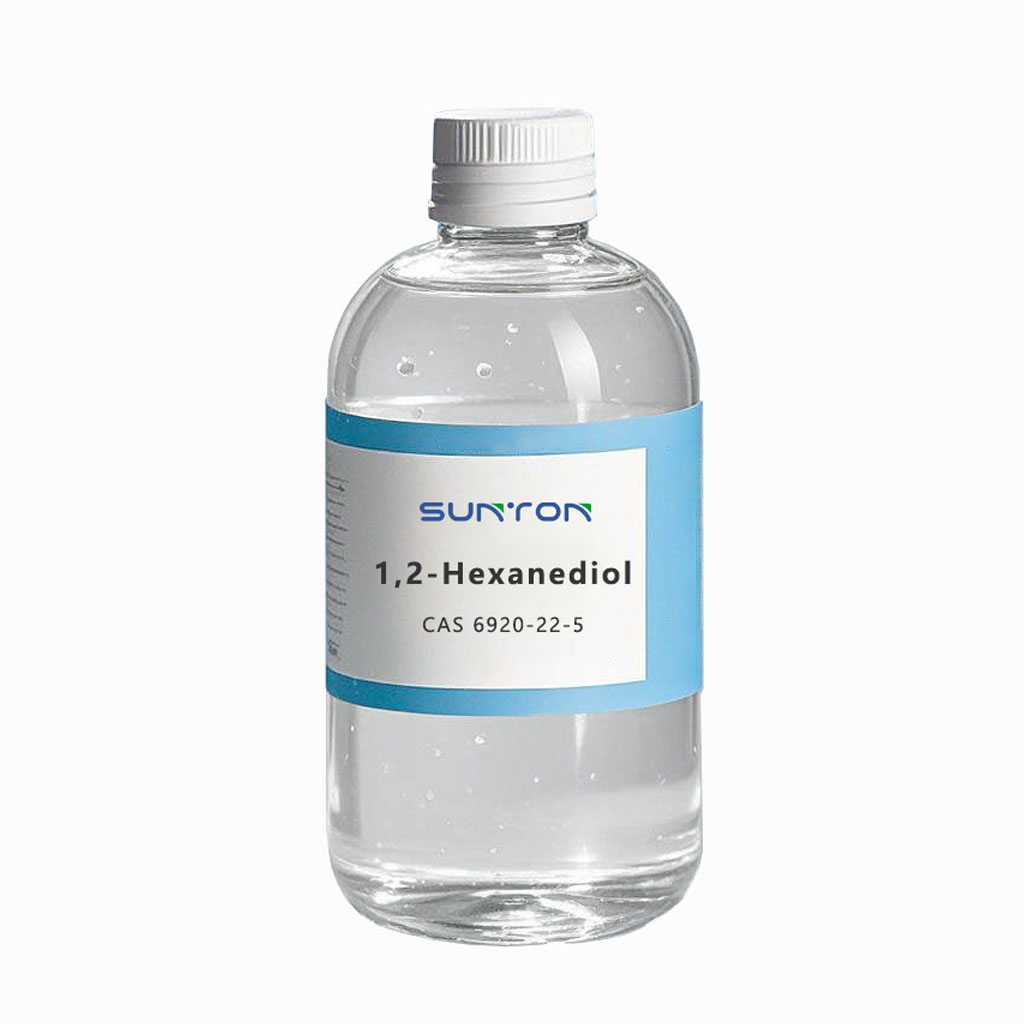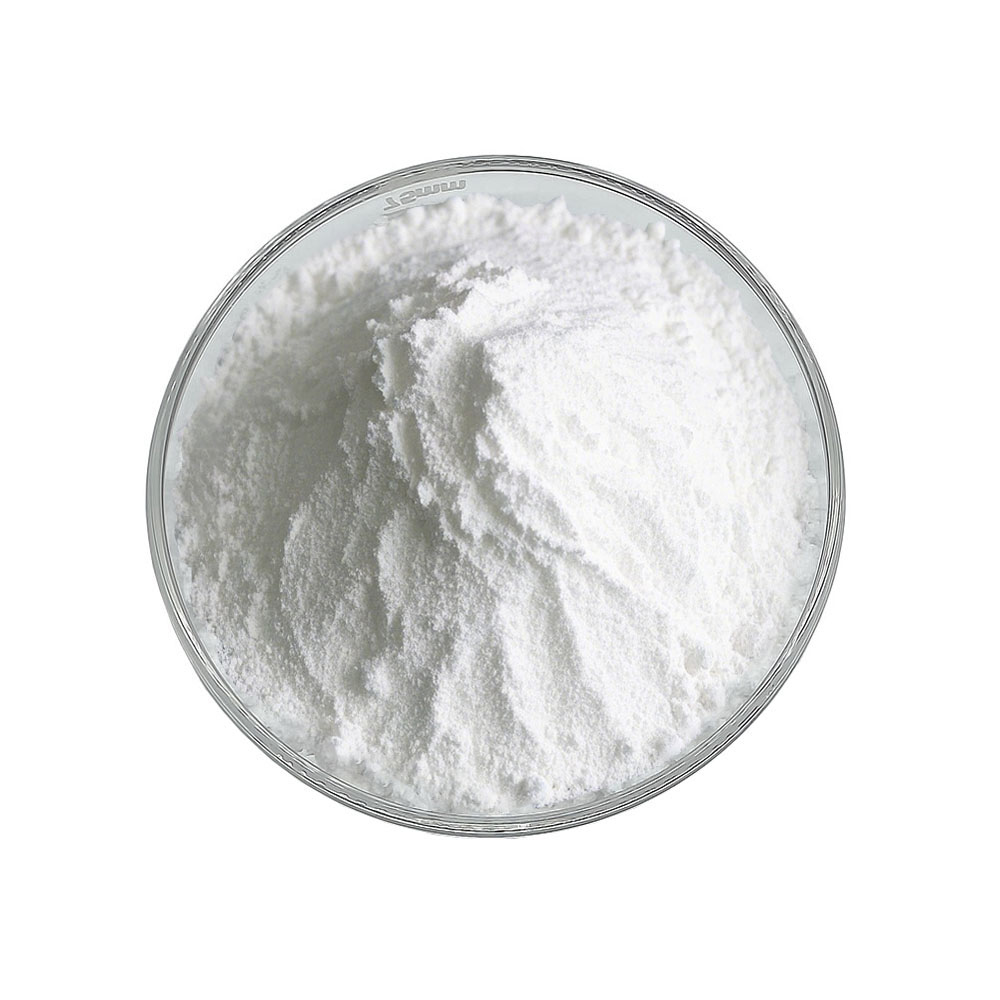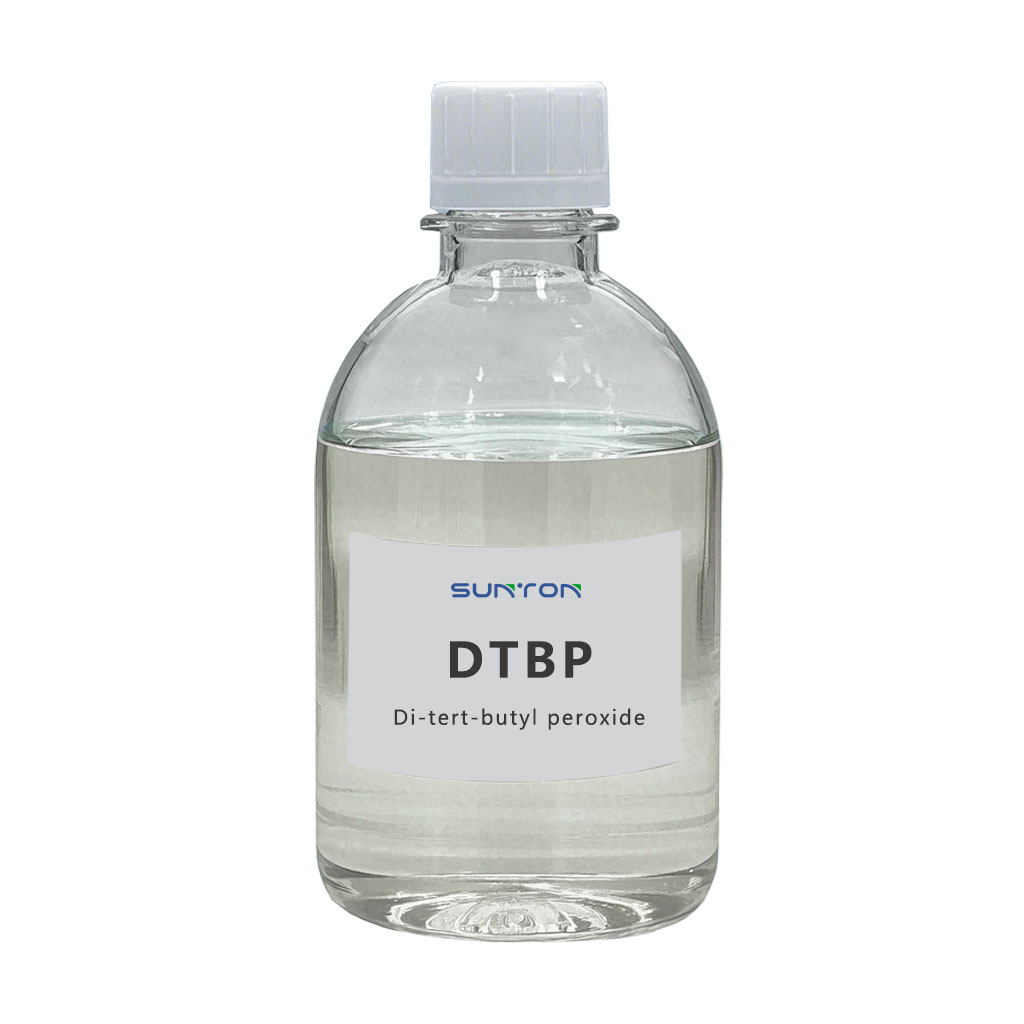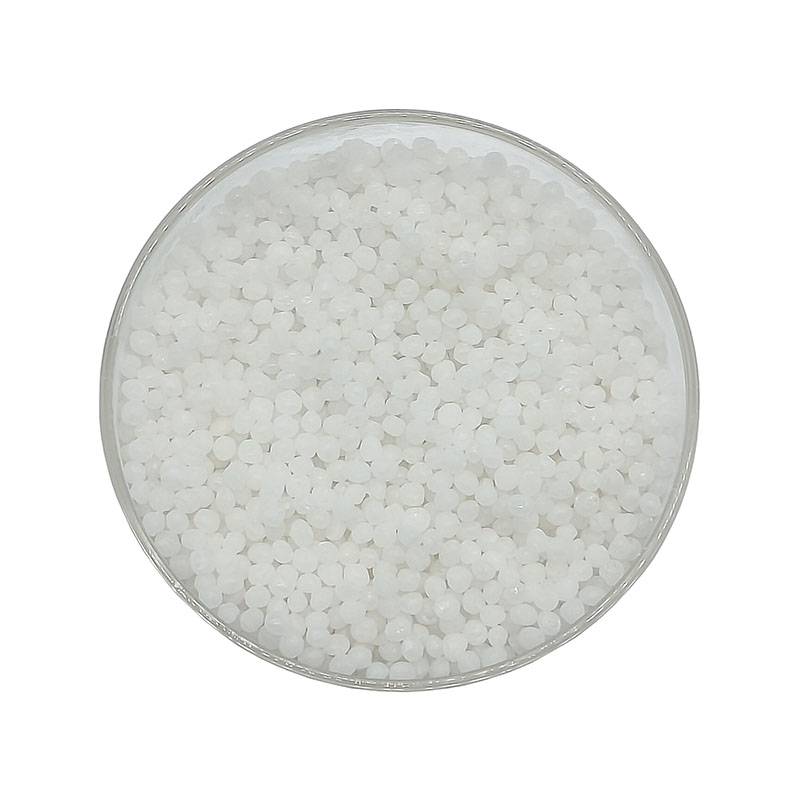Search By Posts
Product Category
Industry News
 By Admin
By Admin
Pentylene Glycol: Enhancing Skincare and Cosmetic Formulations Through Superior Humectant Properties
The global skincare and cosmetic industry continues to evolve with a growing emphasis on multifunctional ingredients that enhance product efficacy and user experience. Among these ingredients, pentylene glycol has emerged as a versatile solution widely adopted in moisturizers, serums, and other cosmetic formulations. As consumer demand rises for effective and gentle formulations, pentylene glycol’s unique characteristics position it as a key component in modern skincare.
Multifunctional Role of Pentylene Glycol in Skincare
Pentylene glycol is primarily recognized for its humectant properties, meaning it has the ability to attract and retain water in the skin. This capability is critical for maintaining skin hydration, improving texture, and enhancing the overall efficacy of cosmetic formulations. In addition to moisturizing, pentylene glycol exhibits antimicrobial and solvent properties, which facilitate ingredient stability and prevent contamination in skincare products.
Its role in cosmetic formulations extends beyond hydration. By serving as a solvent, pentylene glycol enhances the penetration of active ingredients, thereby increasing product performance without the need for additional chemical enhancers. This dual functionality makes it a preferred choice among formulators looking to create effective and gentle skincare solutions.
Key Functions of Pentylene Glycol
| Function | Description | Application Example |
|---|---|---|
| Humectant | Attracts and retains moisture in the skin | Moisturizers, serums, face masks |
| Solvent | Enhances solubility of active ingredients | Vitamin C serums, retinol formulations |
| Antimicrobial | Reduces microbial contamination in formulations | Creams, lotions, liquid cleansers |
| Skin Conditioning | Improves texture and appearance of skin | Lotions, body creams, eye creams |
Pentylene Glycol in Cosmetic Formulations
The use of pentylene glycol in cosmetics spans various product categories. In moisturizers, it contributes to maintaining optimal skin hydration, while in serums and emulsions, it ensures better delivery of active ingredients. Skincare manufacturers increasingly rely on pentylene glycol for its non-irritating properties, making it suitable for sensitive skin formulations.
When comparing pentylene glycol to similar ingredients, such as propylene glycol, it often provides better sensory properties, including a lighter, non-greasy feel. This attribute contributes to higher consumer satisfaction, as products are absorbed quickly and leave the skin feeling smooth.
Application Categories
| Product Type | Function of Pentylene Glycol | Benefit |
|---|---|---|
| Moisturizers | Humectant | Maintains hydration levels throughout the day |
| Serums | Solvent & humectant | Enhances delivery of vitamins and actives |
| Cleansers | Antimicrobial | Reduces microbial growth and maintains product safety |
| Hair Care | Moisturizing agent | Improves hair texture and manageability |
Consumer Trends Driving Pentylene Glycol Usage
Modern consumers are increasingly seeking skincare products that provide visible benefits without harsh chemicals. This trend favors ingredients like pentylene glycol, which is considered safe, multifunctional, and suitable for all skin types. Additionally, the rising interest in products for sensitive skin has accelerated the adoption of gentle humectants and solvents.
Pentylene glycol’s use in anti-aging, moisturizing, and sensitive skin products aligns with these consumer preferences. Its ability to improve skin texture while maintaining product safety resonates with a market that prioritizes both performance and wellness.
Regulatory and Safety Considerations
Safety remains a critical factor in ingredient selection. Pentylene glycol is generally recognized as safe for cosmetic applications when used within recommended concentrations. It exhibits low irritancy potential, making it suitable for formulations targeting sensitive areas such as around the eyes.
Manufacturers benefit from its stability and low volatility, which reduces formulation challenges and ensures longer shelf life. Furthermore, pentylene glycol’s compatibility with various cosmetic ingredients allows formulators to design complex products without compromising efficacy or safety.
Safety Profile of Pentylene Glycol
| Property | Description |
|---|---|
| Toxicity | Low toxicity, considered safe for topical use |
| Irritation Potential | Minimal, suitable for sensitive skin |
| Stability | Chemically stable in a wide range of pH and temperatures |
| Compatibility | Compatible with most cosmetic actives and preservatives |
Conclusion
The demand for pentylene glycol continues to grow due to its multifunctional nature. The rise of premium skincare products, coupled with consumer interest in gentle yet effective ingredients, fuels market expansion. Pentylene glycol’s role in hydration, antimicrobial protection, and enhanced active delivery positions it favorably within the evolving cosmetic landscape.
Pentylene glycol stands out as a multifunctional humectant with broad applications across skincare and cosmetic products. Its ability to hydrate, act as a solvent, improve texture, and maintain microbial safety makes it indispensable in modern formulations. As the cosmetic industry shifts toward gentle, effective, and multifunctional ingredients, pentylene glycol is poised to remain a critical component in products ranging from moisturizers to advanced serums.



 English
English 中文简体
中文简体
